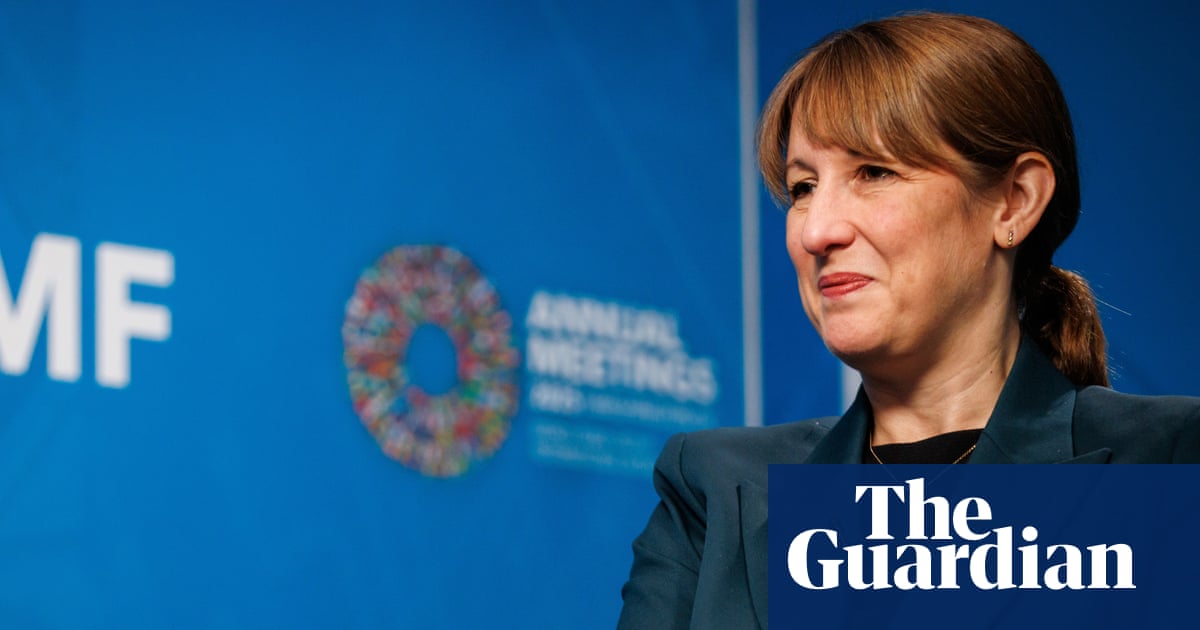Rachel Reeves’ decision to pin the blame for the UK’s ailing economy on Brexit a month before a difficult and potentially unpopular budget might be considered high-risk given the lingering divisions and bitterness over the UK’s decision to leave the EU.
But, according to political analysts, she is aiming to appeal to voters who opted to leave but have changed their minds on this issue, young people who have joined the electorate in the nine years since the referendum, and remainers who are asking: what took you so long?
In a speech on Tuesday, the chancellor said Brexit had caused more damage to the UK economy than official forecasters had previously outlined. Costs, she said, had been “needlessly added to businesses” since the UK formally exited in 2021.
Supporters of Brexit swiftly accused Reeves of attempting to “shift the blame for the dire state of Britain’s economy” ahead of November’s anticipated tax-raising budget. Some said she was “hunting for scapegoats”.
The chancellor’s comments were a marked departure from the government’s previous reluctance to talk about Brexit. And, despite the noise from rightwing commentators, the move may play well among key groups of voters.
Polls have shown a shift in opinion over Brexit since 2016. In June, YouGov found that 56% of those polled said Britain was wrong to leave the EU, compared with 31% who said it was right.
In another YouGov poll last month, 62% said Brexit was more of a failure than a success for the UK, with only 11% believing it had been a success. The top reason for those who felt it was a failure was damage caused to the UK economy.
In January, Ipsos found that 54% said Brexit was the wrong decision, compared with 32% who thought it was right. In another poll, by Redfield and Wilton, 57% said they would now vote to rejoin the EU while 43% said they backed staying out.
“Brexit has never been more unpopular among voters than it is now,” said Robert Ford, professor of political science at Manchester university. “So there was never a stronger case for criticising Brexit than now.
“That’s specifically true in terms of the economic impact. Even a substantial chunk of leave voters now think that the economic impact of Brexit has been negative.
“Both Brexit in general and the specific economically disruptive form of Brexit we ended up with is strongly associated in the minds of the voters with the previous Conservative government. So if you are a beleaguered chancellor looking to explain to voters why you’re having to deliver medicine they don’t like, the attraction of putting some of the blame on Brexit is fairly obvious.”
In terms of Labour’s vote at the 2024 election, “the very small number that [backed] leave and voted Labour last year is now even smaller because many have switched to Reform or the Conservatives, and say they will never vote Labour again,” said Ford.
The “lowest hanging fruit” is voters who have switched, or are considering switching, from Labour to the Liberal Democrats or the Greens since last year’s election. “Criticism of Brexit makes a lot of sense” in trying to retain these voters, said Ford.
In addition, since the 2016 referendum, an estimated 6.5 million to 7 million people have turned 18, making them eligible to vote in elections. Demographic analysis has shown that young people are more likely to be pro-EU than older voters.
“The trend on every Brexit indicator is downward. And as time goes by, more and more people are joining the electorate who are against Brexit or see it as a negative,” said Ford.
But, said Arnand Menon, director of The UK in a Changing Europe, and professor of European politics and foreign affairs at King’s College London, “I’m not sure most people care much about it at the moment, to be honest.
“If you look at the polling on the salience of Brexit, about 3% of people think Brexit is the most important issue facing the UK. If you go back to 2019, that figure was 74%.”
Labour’s new strategy holds two dangers for the party, he said. “They don’t want to alienate leave voters in seats where they’re vulnerable to Reform by intimating that they were stupid to vote for Brexit.
“But the other group they could alienate are the pro-Europeans who might say that now Labour has admitted that Brexit has been a bad thing, they’ve got to reverse it. And of course, they’ve got no intention of reversing it.”
Labour’s calculation was “if the next election is a contest between [Keir] Starmer and [Nigel] Farage, all those people who are criticising [the party] for not being bold on Brexit, all those people threatening to vote Green, they’ll all vote Labour, even if they have to do it through clenched teeth. Because the danger is that Farage will become prime minister if they don’t.”
According to Ford, the “blame Brexit” strategy was a result of Labour having exhausted all other options. “If they had a whole bunch of positive things to talk about, they wouldn’t be talking about Brexit at all.”
